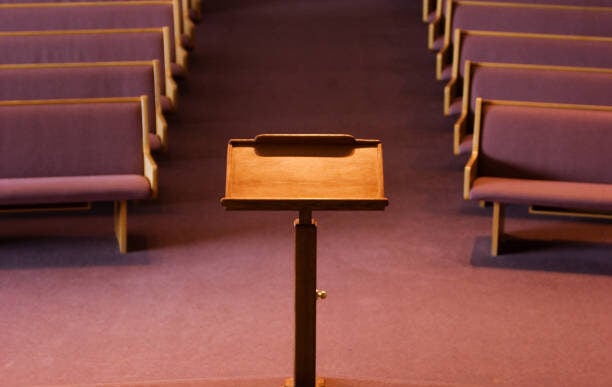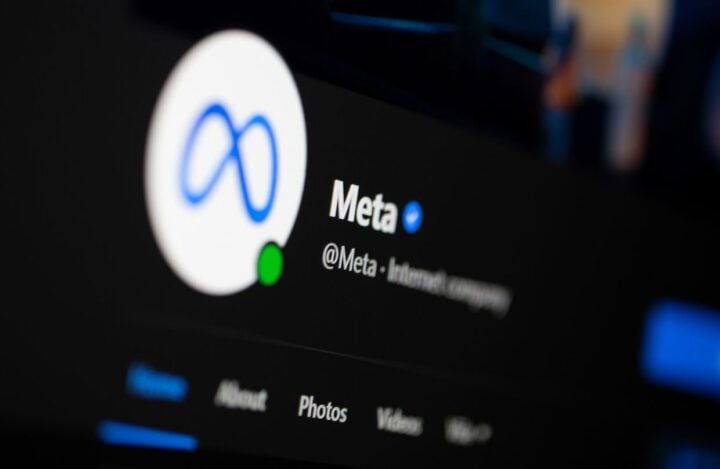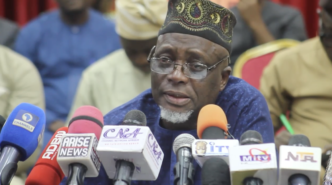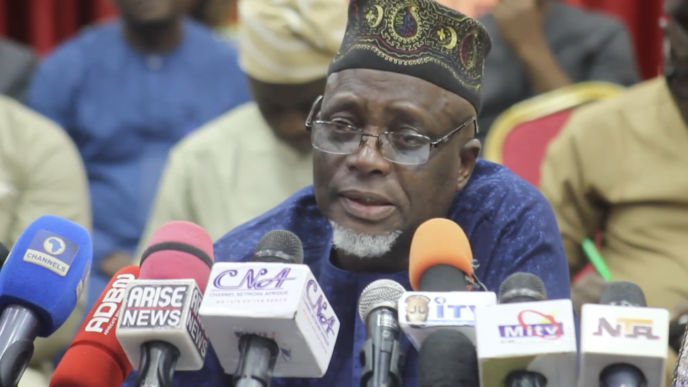BY HUSSEIN ADOTO
I visited a morgue in 400-level. It was part of my training in pathology, and the morgue is a perfect lab to gain insights into the concept of forensic pathology. This aspect of pathology was supposed to be exciting.
Instead of playing detectives for people with diseases, we get to learn how to investigate the dead—do autopsies, find out how they died and when, determine whether their death was natural, accidental, or homicidal, and collect evidence for the real detectives.
I imagined standing over a body and scanning for clues like Sherlock Holmes… or any of the characters that depict him in movies. I’d choose Benedict Cumberbatch, the British actor. The mystery of the dead hangs in the air, and I, the charismatic detective, walks in to unravel it. I wouldn’t need a Dr. Watson, Sherlock Holmes’ sidekick, because—you guessed right—I’m already a doctor. Cool, right?
Advertisement
My fantasies about being a medical detective dissolved even before I got to the door. The stench oozing from the morgue was heavy, morbid. This was not a foul smell. It was nuclear—human. God, how do people work here?
Saliva gathered in my mouth. I scrambled to get my nose mask. When I couldn’t find it, I grabbed my handkerchief and swaddled it around my nose—anything to filter the stench and protect me from inhaling it all. Detective who? Let me survive this place first.
We walked in, and I felt the detective spirit forsake me. The morgue looked like a shrine. The floor was wet with pockets of water whose origins you couldn’t tell, but the sight of which made your stomach turn. There was no body on the ash, blood-stained gurney. It looked like it had seen its best days. Thick flies flew sorties over it.
Advertisement
Across the room were human parts soaked in formaldehyde. I couldn’t wait to get out.
The memories of my first visit swept back today during my visit to a veterinary teaching hospital. We went around the different sections, learning surprising facts about veterinary medicine. I learned they do hysterectomies for pets whose owners are not interested in having more puppies. “Do you do family planning for them, too?” someone asked. We visited their labs, the clinics for small and large animals, the avian clinic, and the imaging room.
At the theatre, our calm, easy-talking guide took us through what they do there. Achalugo, a classmate, asked if veterinarians seek the consent of the animals before surgery, like we do for humans. I chuckled. I had a question, too, but I waited for the answer to that.
“We take consent from the client,” the consultant answered. “The clients pay us, not the animals.”
Advertisement
I wanted to ask what they do in the form of counselling for the animals, but I already guessed my answer. So, we moved on to the next section of the hospital.
If not for the man who mentioned it, I couldn’t have guessed where we were without looking at the tags on the wall. It read Necropsy Unit—or “autopsy” unit for animals. Unlike the human morgue that announced itself with stench, the necropsy unit welcomed me with its silence and relative neatness. The only noise was the endless barking of a dog kept in isolation. I had to remain alert in case it escaped.
Aside from the fact that the place wasn’t cluttered, as far as I could see from outside, we didn’t enter. Still, even the mere ambience gave a more respectable impression than the morgue I visited in the 400-level. Which should matter more?
Make no mistake, autopsy and necropsy units are way different. Yes, they both have similar ends in mind: to determine the cause, manner, and time of death, but the species and context are different. Necropsy is basically for epidemiological research—to find out why the animal died and prevent others from following it to the grave. Human autopsies represent much more than that.
Advertisement
Human autopsies are often delayed for ethical, social, legal, and religious reasons. Take Mohbad’s autopsy, for instance. Ilerioluwa Oladimeji Aloba (Mohbad) was a musician who died on September 12, 2023. He was buried the next day, on September 13. His body was exhumed 8 days later, on September 21, for autopsy, following public outcry about the cause of his death. According to the coroner, the autopsy would take about four weeks. The report of that autopsy came out around June 2024.
Now, look at the timeline: September to June—about 9 months. Dead bodies start to smell within 24 to 72 hours. How old do you think the bodies in our morgues are? Some came from the hospital bed or were exhumed for autopsy, only to wait in the morgues for court decisions and paperwork.
Advertisement
Meanwhile, the morgues are hot due to inadequate electricity. The one I went to didn’t have electricity throughout our few minutes there. I hear they go for days without light.
Our morgues need electricity to keep the bodies cool. Refrigeration slows the rate of decomposition; heat speeds it. Remember that the bodies had probably started to decompose before they got to the morgue, and that human decomposition releases stronger and more offensive odours. Besides, relatives are not keen to retrieve the bodies after autopsies. That means the body stays longer. The bottom line is the stench that serenades the bodies in our morgue.
Advertisement
Necropsies, on the other hand, face fewer red tape. They are immediate because they are often done for research. They rarely involve court cases or need exhumation. The body is as fresh as possible at the time of the examination and is quickly discarded after the necropsy. You see how they are different, right?
Despite these differences, I still believe that our morgues should be better equipped to dignify our bodies. Whether in the ground or in a storage locker in a morgue, the human body should be treated with dignity, attention, and respect. The current state of our public morgues is far less dignified. That should concern us all.
Advertisement
I am not keen on my body ever going for an autopsy or staying in the morgue, but I know either is possible. I could die in a hospital at midnight and have to be transferred to the morgue till morning. I’d not want my body to endure the stench I endured while alive. In pandemics, the government may appropriate victims’ bodies for epidemiological research. In cases of public interest like Mohbad’s, autopsies could be mandated.
Would you want your body to be taken to those shrines that we call morgues? I doubt anyone would. Yet, our dead endure neglect and filth there. They face an indignity they can’t protest, an injustice they can’t fight. They can’t negotiate for recognition. Their voices are far gone to speak for them.
That’s not a reality for anybody—dead or not— to endure. Our dead deserve better. We must advocate for them.
Hussein Adoto writes from Ilorin via [email protected]
Views expressed by contributors are strictly personal and not of TheCable.











